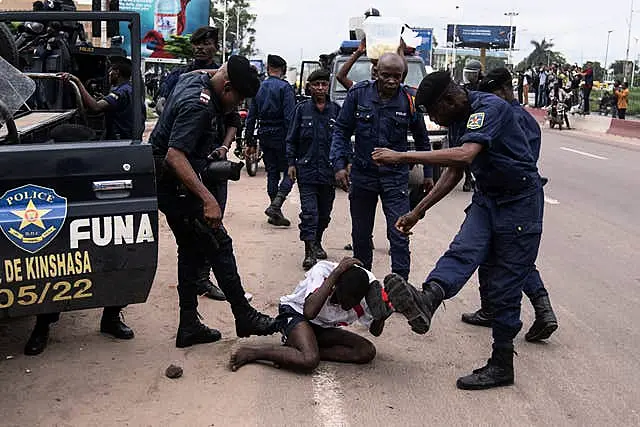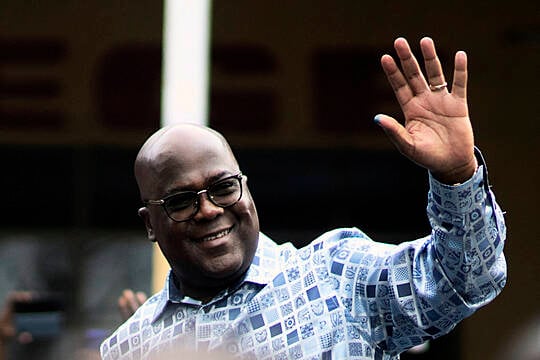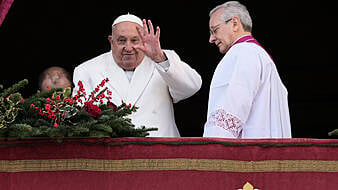Congo’s president Felix Tshisekedi won re-election with more than 70 per cent of the vote, the country’s election commission said on Sunday.
The preliminary results of the December 20th election were announced in the capital, Kinshasa, amid demands from the opposition and some civil society groups for the vote to be rerun due to massive logistical problems that put the validity of the outcome into question.
Mr Tshisekedi was followed by businessman Moise Katumbi, who received 18 per cent of the vote, and Martin Fayulu, who received 5 per cent. Nobel Peace Prize winner Denis Mukwege, a physician renowned for treating women brutalised by sexual violence in eastern Congo, got less than 1 per cent.
The election had more than a 40 per cent turnout with some 18 million people voting. The results will be sent to the constitutional court for confirmation, election chief, Denis Kadima said.

Opposition candidates opposing the results have two days to submit their claims, and the constitutional court then has seven days to decide. The final results are expected on January 10th, and the president is scheduled to be sworn in at the end of that month.
Congo has a history of disputed elections that can turn violent, and there is little confidence among many Congolese in the country’s institutions.
Before the results were announced on Sunday, opposition candidates, including Mr Katumbi, said they rejected the results and called on the population to mobilise.
The logistical problems included many polling stations being late in opening or not opening at all. Some lacked materials, and many voter cards had smudged ink that made them illegible.
Voting in the election had to be extended into a second day — something local observers and civil society organisations have called illegal — and parts of the country were still casting ballots five days after election day.
“If a foreign country considers these elections to be elections, there’s a problem,” Mr Fayulu said at a news conference in the capital on Sunday before the results were announced. “It’s a farce, don’t accept (the results).”
Earlier this week, clashes erupted between some of Mr Fayulu’s supporters and police officers who fired tear gas at protesters who threw rocks and barricaded themselves inside the opposition headquarters.
“These elections are an example of fraud and ballot-box stuffing, flouting any transparent and credible electoral process and, moreover, democracy,” said Bienvenu Matumo, a member of LUCHA, a local rights group.







